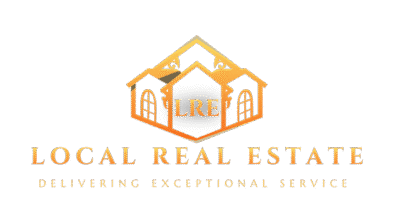FAQ
Local real estate
How Do I Start the Home Buying Process?
Begin by assessing your financial situation, getting pre-approved for a mortgage, and finding a reputable real estate agent who understands your needs and the local market.
What’s the Difference Between Pre-Qualification and Pre-Approval?
Pre-qualification is an initial assessment of how much you can afford, based on self-reported financial information. Pre-approval is more comprehensive, involving a credit check and financial review by a lender to determine how much they’re willing to lend you.
How Much Down Payment Do I Need?
The standard down payment is 20% of the home’s purchase price, but many loan programs allow for lower down payments. However, a smaller down payment may require private mortgage insurance (PMI).
What Are Closing Costs and How Much Should I Expect to Pay?
Closing costs are fees associated with finalizing a mortgage and can include loan origination fees, appraisal fees, title searches, title insurance, taxes, and more. Expect to pay between 2% and 5% of the home’s purchase price in closing costs.
Should I Get a Home Inspection?
Yes, a home inspection is crucial. It can reveal hidden problems with the home’s structure, systems, and components, potentially saving you from costly repairs down the line.
Can I Negotiate the Price of the Home?
Absolutely. Your real estate agent can help you determine a fair offer based on comparable homes in the area and any needed repairs or upgrades. They’ll also negotiate on your behalf.
How Long Does the Home Buying Process Take?
The timeline can vary significantly, but on average, it takes around 30 to 45 days from when your offer is accepted to when you close on the home. This timeline can be longer or shorter depending on the specifics of your deal and your financial situation.
What Should I Look For During the Final Walk-Through?
The final walk-through is your last chance to inspect the property before closing. Check for any unresolved repair issues, ensure agreed-upon fixtures or appliances are in place, and confirm that the home’s condition hasn’t deteriorated since your offer was accepted.
What Happens on Closing Day?
On closing day, you’ll sign a lot of legal documents to finalize your mortgage and transfer the property’s ownership to you. You’ll also pay your down payment and closing costs. Once everything is signed and paid, you’ll receive the keys to your new home.
Can I Buy a Home with Bad Credit?
Buying a home with bad credit is challenging but not impossible. You might face higher interest rates and may need a larger down payment. Some government-backed loans, like FHA loans, are more lenient with credit scores.
